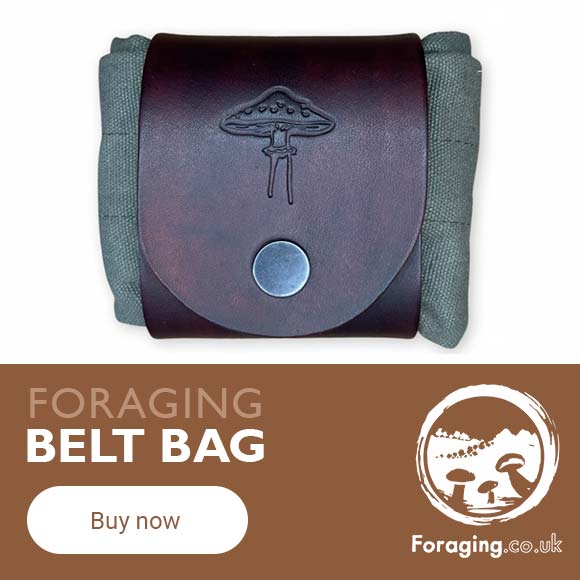Grows in large numbers and is great for the pot as long as the tough stems are removed and the slime washed off.
Home / Mushroom Guide /
Porcelain Fungus
Porcelain Fungus
| Mushroom Type | |
| Common Names |
Porcelain Fungus (EN), Cap Porslen (CY), Monetka Bukowa (PL), Gyűrűs Fülőke (HU) |
| Scientific Name |
Mucidula mucida |
| Synonyms |
Oudemansiella mucida |
| Season Start |
Aug |
| Season End |
Nov |
| Average Mushroom height (CM) |
10 |
| Average Cap width (CM) |
8 |
Please note that each and every mushroom you come across may vary in appearance to these photos.
Possible Confusion
It is not really possible to confuse this mushroom with any other with its porcelain look and slimy top.
Spore Print
White. Has many spores and a print can take less than an hour. Globose to subglobose.
Taste / Smell
Not distinctive when raw, good mushroomy taste when the slime is washed off and the mushroom cooked. Should be cooked before consumption.
Frequency
Fairly common.



 (47 votes, average: 3.64 out of 5)
(47 votes, average: 3.64 out of 5)































Leave a Reply